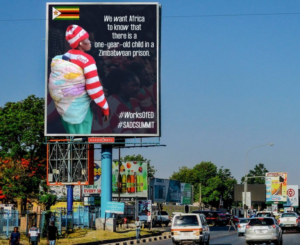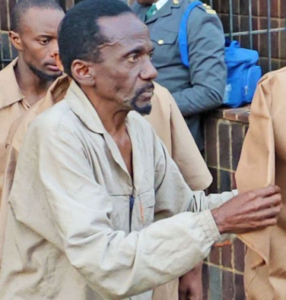ASSASSINATIONS: A TOOL FOR POLITICAL POWER IN ZIMBABWE
Assassinations are like feathers on a chicken or scales on a fish – they happen naturally in politics. Big names in history like Caesar and Kennedy were assassinated. In Zimbabwe, famous figures like Chitepo, Tongogara, and Mujuru also met violent ends. These assassinations are never about the average person. They happen to people with power and influence. Often, these deaths are surrounded by mystery, like the death of a general in a fire or a top Zanu PF member killed by a car bomb, as was the case with Chitepo.
In Zimbabwe, political power often comes with access to resources. Members of Zanu PF gain power not just to lead but to access and loot resources. It is not really about just having power. If it were, leaders would live modestly. Instead, they live in luxury, like owning private jets. Zanu PF members always seek more power because it means more access to resources. For example, Chiwenga, a top Zanu PF member, has a house in Borrowdale worth millions. This is a clear example of the corruption and looting that comes with political power in Zimbabwe.
Mnangagwa’s rise to power involved the deaths of two powerful men, Shiri and Moyo. These men were generals who helped him gain power. The important question is who benefited from their deaths. The answer is Mnangagwa. He made a deal with the military to take power after Mugabe. The military could not openly seize power without facing international sanctions or military intervention. They needed Mnangagwa to be the face of their power.
When Mugabe was ousted, there was chaos. The military and the opposition were the main forces trying to take control. If the opposition had won, the military would have faced accountability and transparency. This would have exposed their human rights abuses and cut off their access to resources like diamonds, chrome, and platinum. The opposition would have sent the military back to the barracks and taken away their power and resources. To prevent this, the military supported Mnangagwa to maintain their control.
Mnangagwa agreed to be the front for the military for one term. This was to prevent Mugabe from making a comeback and to keep the military in power. However, power is addictive. Once Mnangagwa had it, he did not want to give it up. Losing power would mean losing wealth and facing possible legal action for corruption. The pandemic provided a perfect cover for eliminating threats to his power. Under the guise of Covid-19, Moyo and Shiri were killed. Their deaths were convenient for Mnangagwa to consolidate his power.
There is a clear pattern: major power players who helped Mnangagwa rise to power are being eliminated. This weakens the military faction that could challenge him. With these threats gone, Mnangagwa can stay in power longer, allowing him to continue looting resources. This leaves the average Zimbabwean suffering from deprivation and poverty. The deaths of these generals show a clear benefit to Mnangagwa and a strategy to divide and weaken any opposition.
For Zimbabweans, the prolonged stay in power of Mnangagwa means continued corruption and looting. The only hope for change lies in the opposition gaining power and bringing economic inclusion and political stability. Until then, the people will continue to suffer while the powerful enrich themselves.



